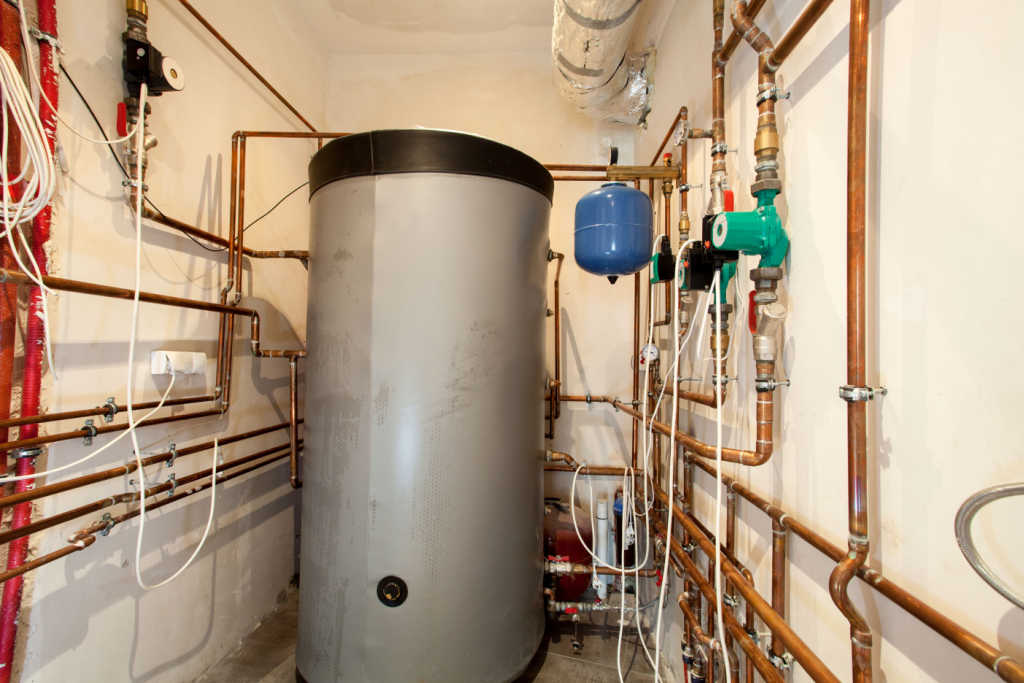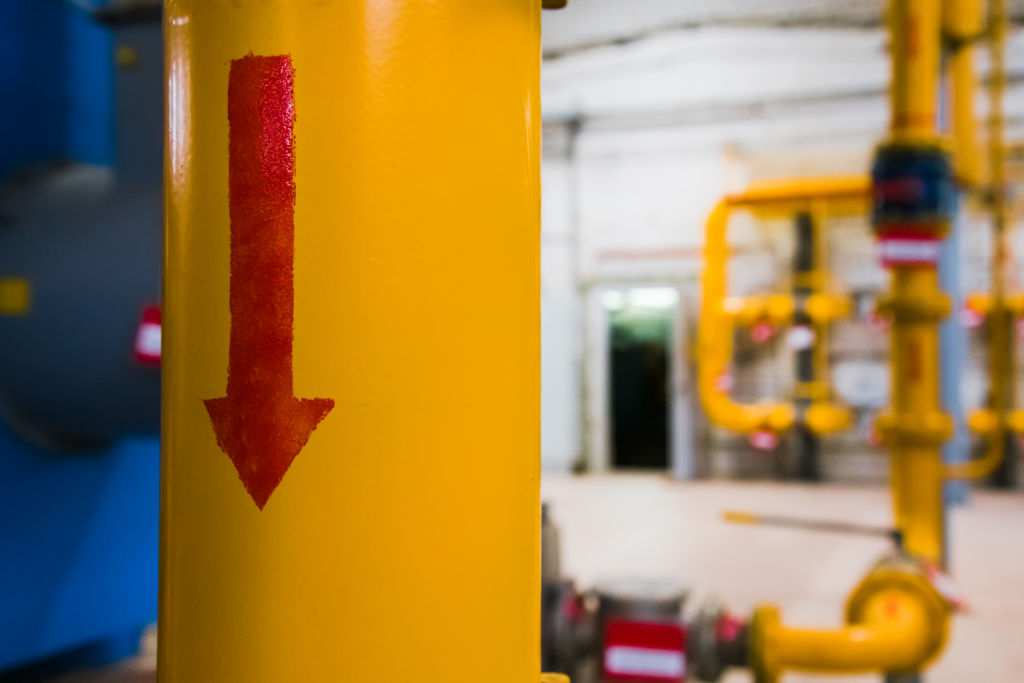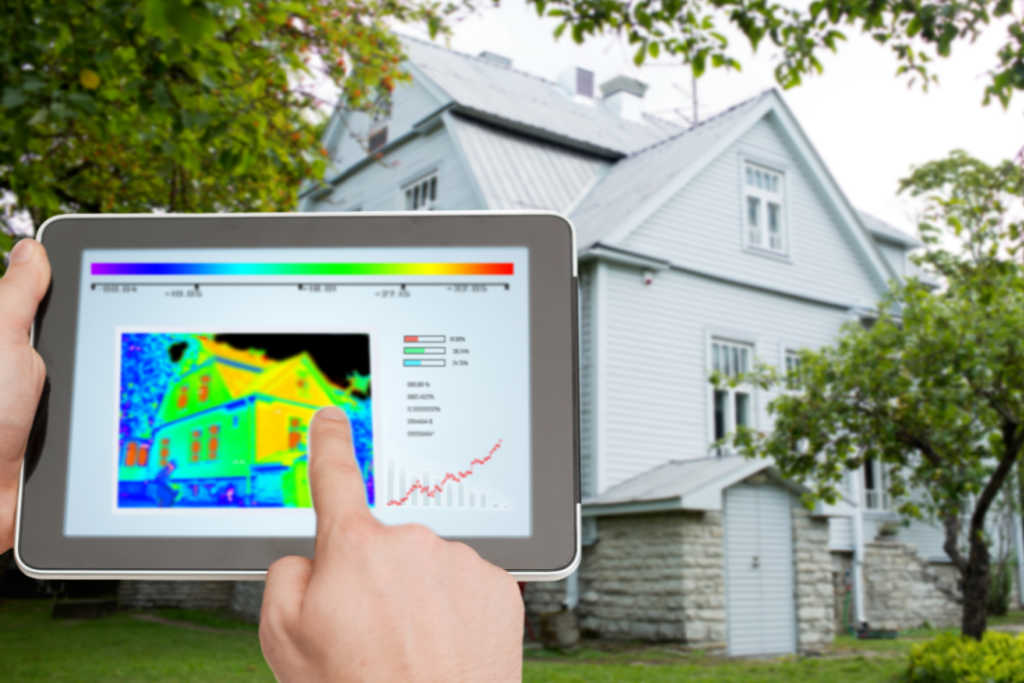There is no denying the fact that in this era of climate change and peak oil, we need to use less energy and conserve more. This means you need to take every opportunity that you can to run your home on lower energy bills and fewer natural resources. To help you do so, manufacturers have designed a variety of new products that are designed specifically to make your life easier when it comes to saving money, reducing energy consumption, and conserving natural resources. And one of the most convenient ways of doing so is through the use of home heating systems. While some people may think that installing a central heating system or an air conditioning unit will be too expensive or complicated, there are actually many other effective alternatives available if you know where to look for them.
Check if your Heater is Energy Star Rated
One of the most effective ways to make sure your home heating system is getting the most out of energy efficiency is through the use of a certified product. The Energy Star program in the United States has created a list of products that meet their stringent energy efficiency standards, and they have designated qualified products with an Energy Star label. Products with an Energy Star label are designed to be more energy efficient than those without it, so you know that you’re getting top-notch efficiency when you buy one.

If your home heating system doesn’t have an Energy Star label, there are still plenty of other options available for you. You can check if a product has an Energy Star label on its packaging or by searching for “energy star” on Google. Depending on what type of heater you’re purchasing, it may also have a label that shows how much power it uses per hour (i.e. lowest power usage) or how long it will last (i.e. longest lifespan).
Check for SEER and U-Factor
One way of checking the efficiency of your home heating system is by measuring not only the temperature but also the SEER and U-Factor. SEER stands for Seasonal Efficiency Rating, and U-Factor measures how well your heating system distributes heat. If you have a high SEER or a low U-Factor, that means your heating system has been designed to be energy efficient.

If you are looking for an alternative to central heating or air conditioning, here are 3 ways to tell if your heater is energy efficient:
1) Check for SEER and U-factor.
2) Find out about renewable energy sources available in your area.
3) Consider upgrading to a more modern model which uses less fuel or no fuel at all with smooth technology from LG’s latest models like this one
Is your Heater ENERGY STAR?
If your home has a heating system that has been certified by ENERGY STAR, you can use less energy. Most of the time, these systems have high-efficiency furnaces and boilers, programmable thermostats, and even solar water heaters. You can also make sure your heater is ENERGY STAR certified by buying one from a manufacturer or having the manufacturer install it.

Another way to tell if your heater is ENERGY STAR certified is if it has been designed with low emissions (and a low upfront cost) in mind. For example, when homeowners buy certain models of these systems, they may get a rebate. This means that because you’re getting a more efficient system for free, you’ll be able to save more money on your energy bills and enjoy lower bills in the long run!
Check the FDB Rating

One of the most important things that you should look for when shopping for a new heating system is the FDB rating. There are some heaters that are Energy Star compliant, which means that they use significantly less energy than your traditional heating systems. These types of products will have an Energy Star emblem on them. Another way to tell if a home heating system is efficient or not is by checking how many BTUs it uses. The more BTUs it uses, the more expensive and complicated it will be to maintain and operate. A good way to compare is to simply divide its BTUs by 10. This will let you know how many units/per minute/hour it uses in comparison to other heating systems of similar size and quality.
Is your Heater CED Standard?
You can find out if your heater is cED standard by checking the product’s packaging. If your heater has a CE marking, it is certified to be energy-efficient. The European Union has developed the cED standards for appliances and electrical products. The standards are in place to help consumers know which products are more efficient than others and to make sure that they’re purchasing an appliance with more environmentally friendly features.

Check if your Heater is IMCA Certified
One of the most important things you can do when it comes to saving energy is to make sure that your heating system is actually energy-efficient. One way to make sure this is the case is by checking if your heater is IMCA-certified. International Mechanical Code, or IMCA, is a set of rules made by the American Society of Mechanical Engineers and adopted by the American National Standards Institute, or ANSI. A heating system that has been approved by the IMCA is made to be more efficient than one that has not been approved. This means that it will heat up your home with lower energy consumption and fewer harmful emissions as well.

Another way to make sure that your heater is running efficiently and conserving natural resources is by installing a timer on it so that you only use heat at specific times throughout the day. This will allow you to save energy while getting the benefits of heating throughout the day as well since some homes get too cold in colder months whereas others don’t get enough heat during warmer months.
Ask for a Comfort Verification Certificate
If you want to buy a heating system for your home, you should ask the manufacturer for a comfort verification certificate. This is a document that tells you that the manufacturer has verified that their heating system meets all of the energy efficiency specifications that they have set.

Another way of getting this type of verification is by visiting government websites like Energy Star’s website, where manufacturers are required to provide this information. The certificates on these websites will give you peace of mind and make it easier to decide which heating system you want to invest in.


